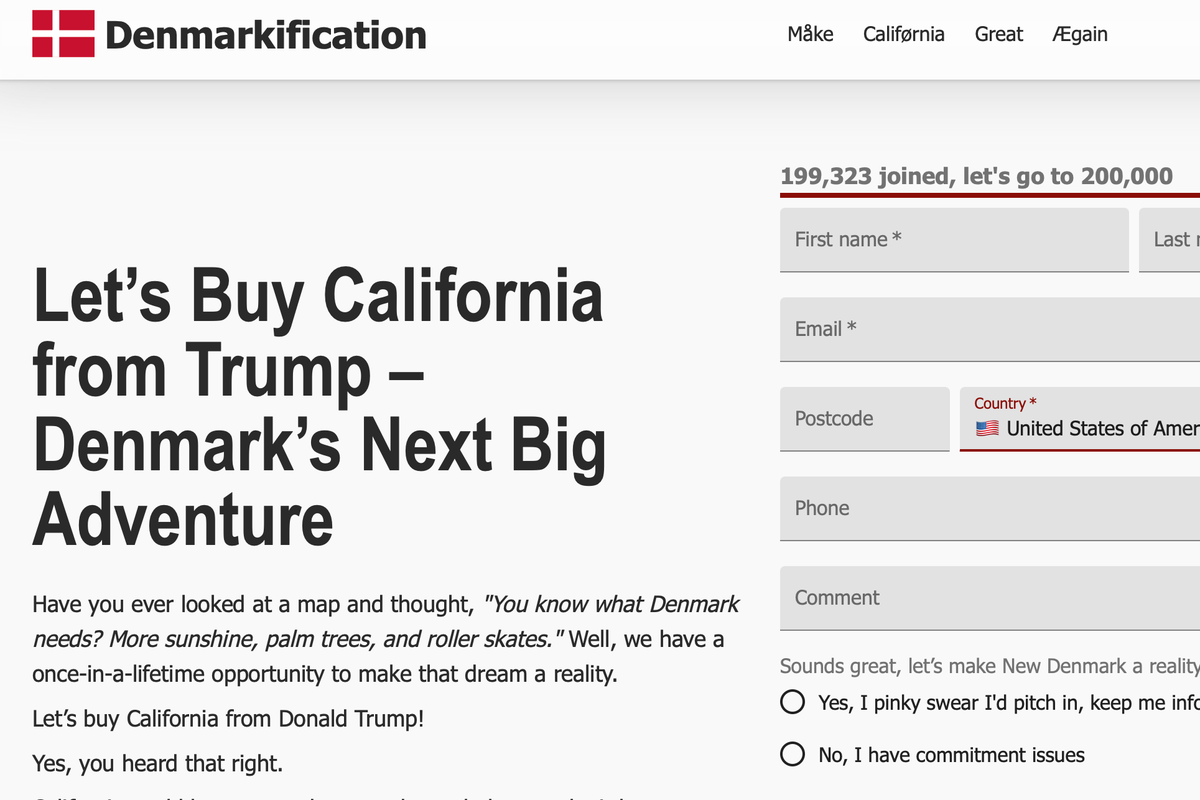Were you high on BC bud when you posted this?Washington State, Oregon and California would make nice additions to British Columbia...
California is a DISASTER...
California & BC do share a lot of the same 'boldly retarded' views on things though...like flooding the streets with 'safe government drugs' and 'decriminalizing hard drugs' in order to fix a homelessness and drug use epidemic





